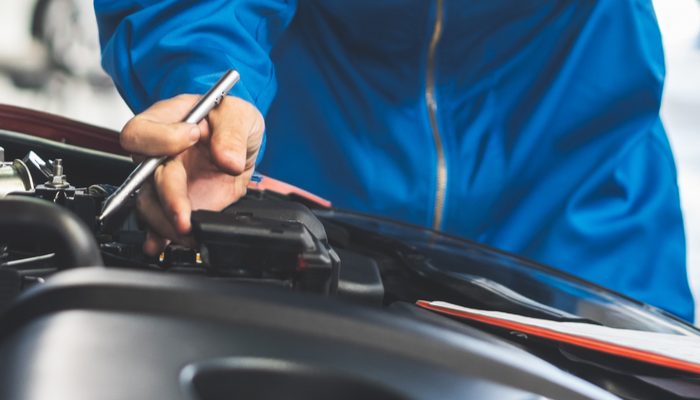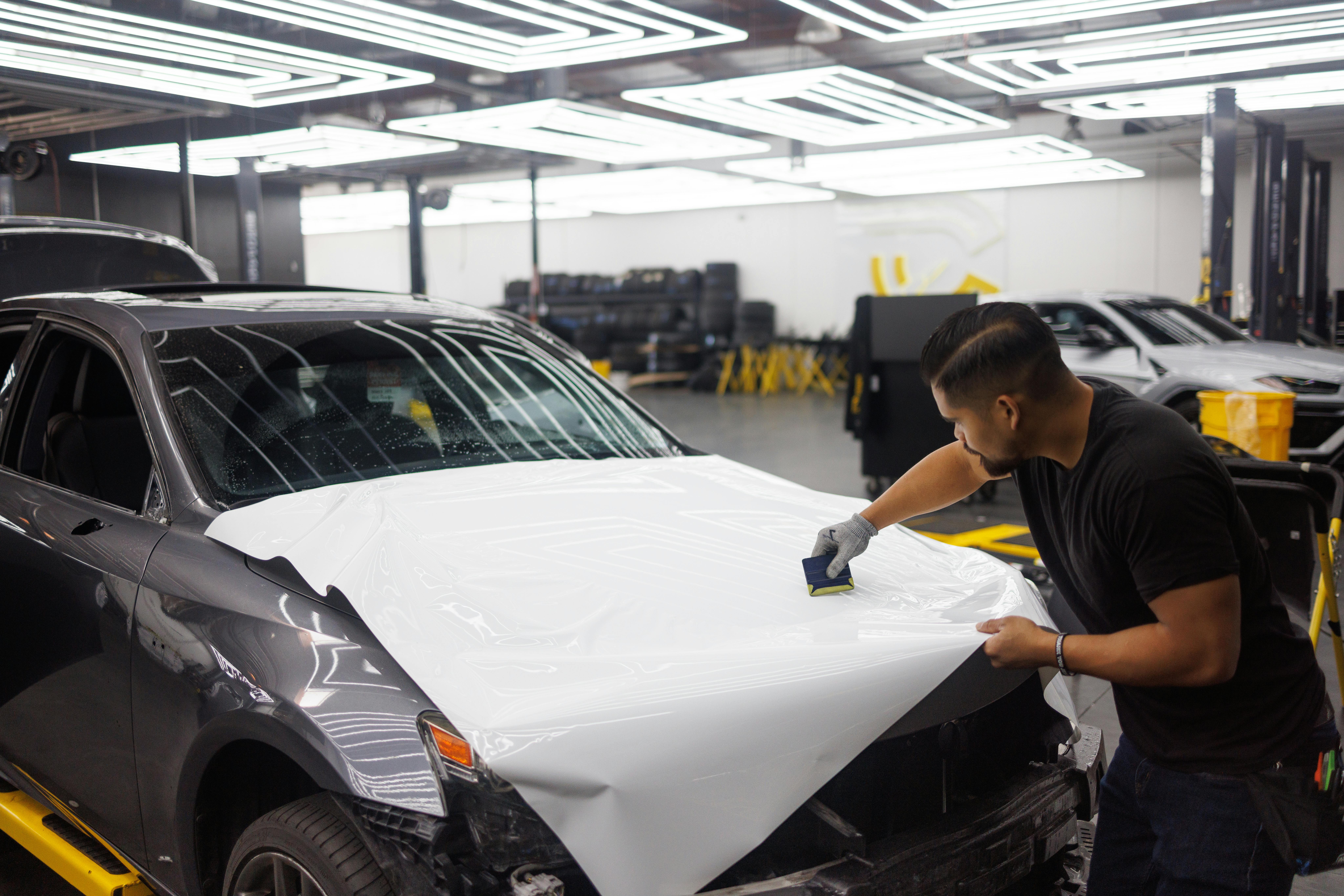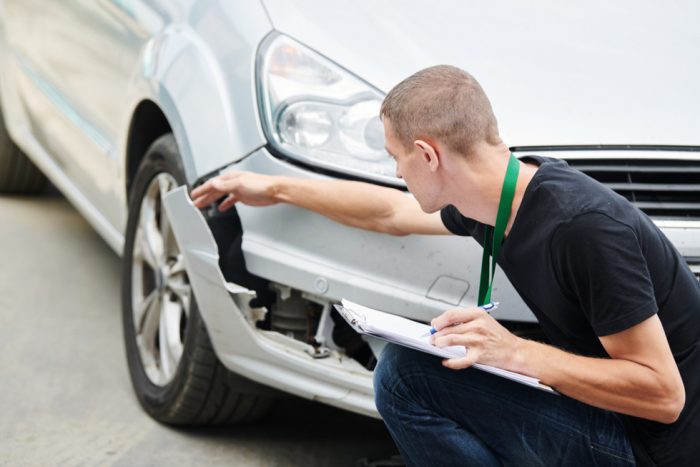Why Do Auto Body Shops Charge So Much?

The high hourly rates charged by mechanic shops can certainly be a concern for individuals who rely on their services for vehicle maintenance and repair. Several factors contribute to the costs associated with auto repair, and it’s essential to understand the reasons behind these rates:
- Labor Costs: A significant portion of the expense comes from labor costs, including the salaries of skilled mechanics and their overhead expenses. Skilled auto technicians undergo training and certification to perform complex and often specialized work.
- Overhead Costs: Running a mechanic shop involves rent, utilities, insurance, equipment, and maintenance of the facility. These overhead costs are factored into the hourly rate.
- Tools and Equipment: High-quality tools and diagnostic equipment are necessary for modern vehicle repair. Mechanics need access to these tools, which can be expensive to purchase and maintain.
- Ongoing Training: As automotive technology advances, mechanics must continue their education to stay up-to-date with the latest vehicle systems and repair techniques. This ongoing training can be costly.
- Parts and Materials: The cost of replacement parts and materials is a significant part of the total bill for auto repair. These expenses can vary widely depending on the make and model of the vehicle and the specific repairs needed.
- Business Profit Margin: Mechanic shops, like any other businesses, need to make a profit to sustain operations, invest in improvements, and provide for their employees.
Given these factors, it’s understandable that the hourly rates can be relatively high. However, there are ways to manage these costs:
- Shop Around: It’s always a good idea to get quotes from multiple mechanics or shops for the same repair or service. Prices can vary significantly, and by comparing, you may find more affordable options.
- Regular Maintenance: Preventive maintenance can help you avoid more expensive repairs in the long run. Following your vehicle’s recommended maintenance schedule can save you money.
- DIY Repairs: For simple maintenance tasks or minor repairs, consider learning to do them yourself if you have the skills and tools.
- Used or Aftermarket Parts: If possible, inquire about the use of used or aftermarket parts to reduce the cost of repairs while still ensuring safety and quality.
- Negotiate: Some mechanics may be willing to negotiate the price or provide discounts, especially if you’re a loyal customer.
- Seek Second Opinions: If a repair estimate seems high, don’t hesitate to get a second opinion from another mechanic.
- Budget for Repairs: Plan for unexpected car repair expenses by budgeting and saving a portion of your income specifically for this purpose.
While the costs can be a burden, it’s often more cost-effective in the long run to address issues promptly and properly rather than waiting for them to worsen.
What Are The Hourly Rates At Auto Body Shops?
Usually, labor charges quoted by repair shops are done using a computer program or “flat rate” manual that provides the average time taken by an experienced technician to complete a given vehicle repair. This flat-rate duration is then multiplied by the shop’s hourly labor rate to acquire the total labor charges for the rendered services.
You can see the Auto Body Hourly Rates based on national average numbers here.





